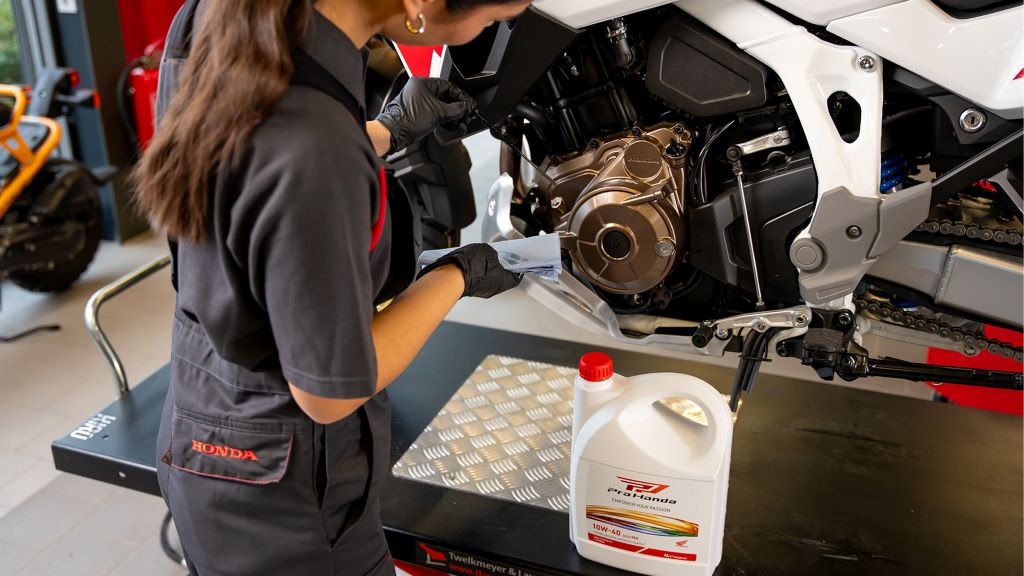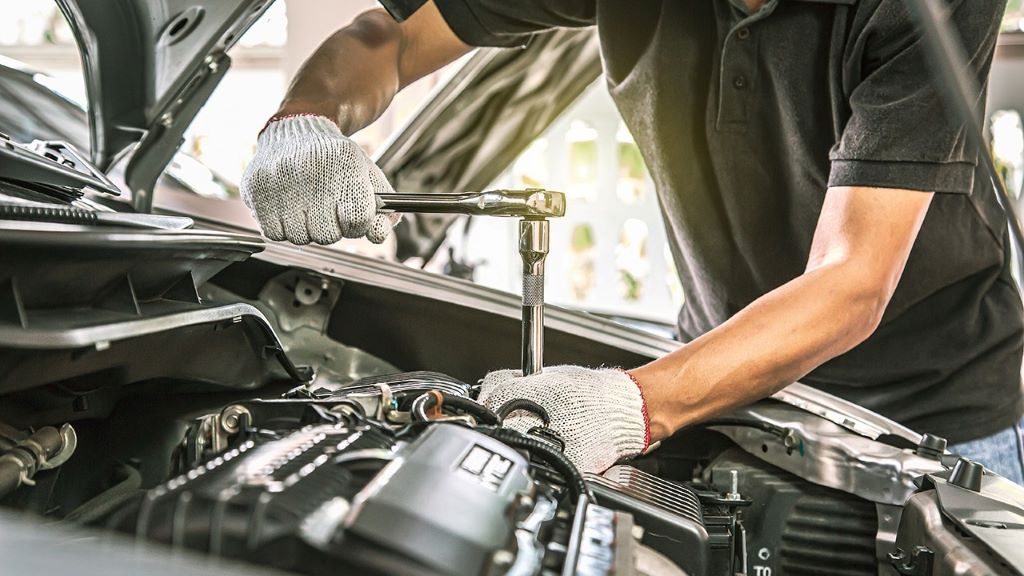
The Role of Maintenance Records in a Honda Warranty Dispute
Proper maintenance documentation serves as your strongest defense when facing warranty disputes with Honda. Many car owners discover this crucial fact only after encountering problems with warranty claims. Understanding how maintenance records impact your warranty coverage can save you thousands of dollars in repair costs. Automotive Smart Solutions helps drivers navigate these complex situations with expert guidance and practical solutions.
Honda’s warranty terms require owners to maintain their vehicles according to specific schedules. However, the company may deny claims when maintenance records appear incomplete or inadequate. Therefore, keeping detailed service documentation becomes essential for protecting your warranty rights. Many disputes arise from simple record-keeping oversights that could have been easily prevented.
Additionally, choosing between dealership and independent service providers affects your warranty coverage. When you opt for honda service under warranty, understanding your options helps you make informed decisions. Furthermore, proper documentation requirements remain the same regardless of where you service your vehicle.
Understanding Honda Warranty Requirements
Honda warranties come with specific maintenance obligations that owners must fulfill. The Magnuson-Moss Warranty Act protects consumers from unreasonable warranty restrictions. However, manufacturers can still require proof of proper maintenance when processing warranty claims.
Your Honda warranty typically covers defects in materials and workmanship. Nevertheless, it excludes damage caused by neglect, misuse, or inadequate maintenance. Consequently, maintenance records serve as evidence that you’ve upheld your end of the warranty agreement.
Regular maintenance includes oil changes, filter replacements, fluid checks, and scheduled inspections. Moreover, Honda specifies intervals for these services in your owner’s manual. Following these guidelines and documenting each service protects your warranty coverage.
What Constitutes Proper Maintenance Documentation
Effective maintenance records include several key components that warranty administrators examine closely. First, documentation must show the date of service and current mileage. Second, records should detail the specific services performed and parts used.
Service receipts from qualified technicians provide the most reliable documentation. Additionally, these receipts should clearly identify the vehicle by VIN number. Furthermore, the servicing facility’s information must be clearly visible on all documentation.
Keep records of both routine maintenance and any repairs performed on your vehicle. Even minor services like air filter changes can become important during warranty disputes. Therefore, maintaining comprehensive records protects you from potential coverage denials.
Common Documentation Mistakes That Void Warranties
Several documentation errors frequently lead to warranty claim denials. Missing service dates represent one of the most common problems warranty administrators encounter. Similarly, incomplete mileage records can raise questions about maintenance timing.
Using non-OEM parts without proper documentation often creates warranty issues. However, aftermarket parts don’t automatically void your warranty under federal law. Nevertheless, you must prove these parts didn’t cause the problem you’re claiming.
Gaps in maintenance history frequently trigger warranty investigations. For instance, missing oil change records for extended periods suggest possible neglect. Consequently, Honda may deny claims related to engine damage in such cases.
How Honda Evaluates Maintenance Records During Disputes
Honda’s warranty department follows specific procedures when reviewing maintenance documentation. Initially, they verify that required services occurred within specified intervals. Subsequently, they examine the quality and completeness of service records.
The evaluation process considers both the frequency and type of maintenance performed. Additionally, Honda looks for patterns that might indicate vehicle misuse or neglect. Furthermore, they may request additional documentation or inspections if questions arise.
According to Consumer Reports, manufacturers must prove that inadequate maintenance caused the failure they’re denying. This burden of proof often works in favor of consumers with reasonable documentation. However, complete records still provide the strongest protection against warranty disputes.

Building a Strong Documentation Strategy
Creating an effective record-keeping system requires organization and consistency from day one. Start by establishing a dedicated file for all vehicle-related paperwork. Additionally, consider using digital storage methods to backup physical documents.
Photograph receipts immediately after service to prevent fading or loss. Moreover, store these digital copies in cloud-based systems for easy access. Furthermore, organize records chronologically to demonstrate consistent maintenance patterns.
Keep your owner’s manual accessible and refer to it regularly for maintenance schedules. Also, note any recommended services you postpone and document your reasons. This proactive approach shows responsible ownership even when facing financial constraints.
Working with Service Providers to Ensure Proper Documentation
Choose service providers who understand warranty documentation requirements. Professional shops typically provide detailed invoices that meet manufacturer standards. However, verify that all necessary information appears on your service receipts.
Request specific details about parts and fluids used during service appointments. Additionally, ensure that service advisors note any observations about your vehicle’s condition. Furthermore, ask for copies of any diagnostic reports or inspection findings.
Establish relationships with reputable service providers who maintain their own service records. Many shops keep digital databases that can provide backup documentation if needed. Therefore, choosing the right service partners strengthens your warranty protection.
Digital vs. Physical Record Keeping
Modern record-keeping combines both digital and physical documentation for maximum protection. Physical receipts provide original documentation that courts and arbitrators readily accept. However, digital copies ensure preservation if originals become damaged or lost.
Smartphone apps can help organize and store maintenance records efficiently. Additionally, many automaker apps now include service history tracking features. Furthermore, cloud storage provides access to records from anywhere when disputes arise.
Consider scanning important documents immediately after service appointments. Moreover, email copies to yourself for additional backup protection. This redundant approach ensures documentation survives even if primary storage methods fail.
Legal Protections for Consumers in Warranty Disputes
Federal and state laws provide significant protections for consumers facing warranty disputes. The Magnuson-Moss Warranty Act prevents manufacturers from requiring specific brands of parts or service providers. Additionally, lemon laws in many states offer remedies for vehicles with persistent problems.
Understanding your legal rights helps during warranty negotiations with Honda. However, proper documentation remains your best defense in any dispute. Furthermore, legal protections become more effective when supported by comprehensive maintenance records.
Arbitration programs often favor consumers with complete documentation over those with gaps in records. Therefore, investing time in proper record-keeping pays dividends if disputes arise. Additionally, many consumer protection agencies offer assistance with warranty-related complaints.
Steps to Take When Honda Denies Your Warranty Claim
First, carefully review the denial letter to understand Honda’s specific objections. Often, manufacturers cite inadequate maintenance as grounds for denial. Subsequently, gather all relevant documentation to address their concerns directly.
Request detailed information about how Honda reached their denial decision. Additionally, ask for copies of any inspection reports or technical bulletins they referenced. Furthermore, understand the appeals process and associated deadlines.
Consider seeking independent evaluations if Honda’s reasoning seems questionable. Moreover, document all communications with Honda’s warranty department for future reference. Persistence and organization often lead to successful appeals of initial denials.
Conclusion
Maintenance records play a crucial role in protecting your Honda warranty rights and resolving disputes favorably. Proper documentation demonstrates responsible ownership and compliance with warranty terms. Additionally, comprehensive records provide evidence that maintenance-related issues didn’t cause claimed problems.
The key to success lies in establishing good record-keeping habits from the moment you purchase your vehicle. Furthermore, understanding Honda’s documentation requirements helps you maintain adequate records throughout the warranty period. Therefore, investing time in proper maintenance documentation protects your significant automotive investment and ensures warranty coverage when you need it most.
Frequently Asked Questions
- Can I use independent mechanics for Honda service under warranty? Yes, federal law allows you to use independent mechanics for warranty service. However, you must maintain proper documentation and use quality parts that meet manufacturer specifications.
- How long should I keep maintenance records for my Honda? Keep maintenance records for the entire warranty period plus an additional year. For vehicles you plan to keep long-term, maintaining complete records helps with resale value and future repairs.
- What happens if I lose some maintenance receipts? Contact your service providers immediately to obtain duplicate receipts. Many shops maintain digital records that can replace lost documentation. Additionally, bank or credit card statements can provide supplementary proof of service dates.
- Does Honda require dealership service to maintain warranty coverage? No, Honda cannot require dealership-only service under federal law. However, warranty work itself must be performed by authorized Honda dealers to qualify for coverage.
- Can Honda void my warranty for using aftermarket parts? Honda can only void warranty coverage for specific components if they prove aftermarket parts caused the failure. They cannot void your entire warranty simply because you used non-OEM parts elsewhere on the vehicle.
Read more:
How Swivel Casters Are Transforming Industrial Mobility
Top 10 of the largest automotive companies in the world
Featured Image Source



Average Rating